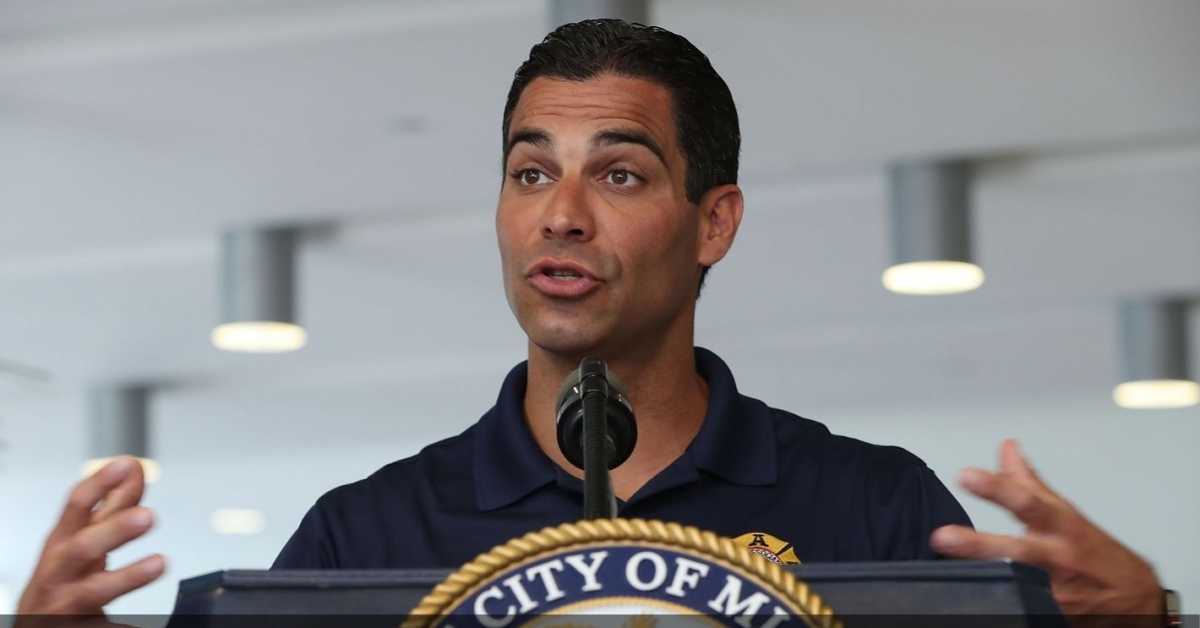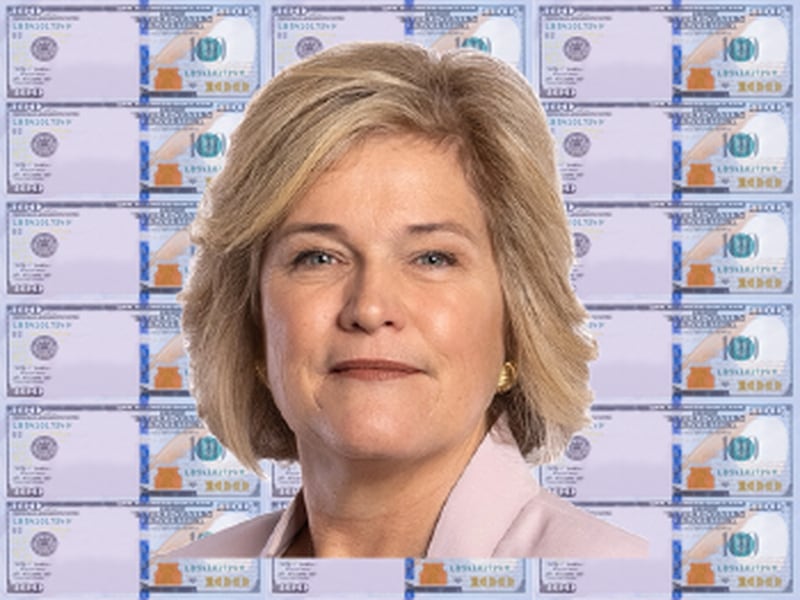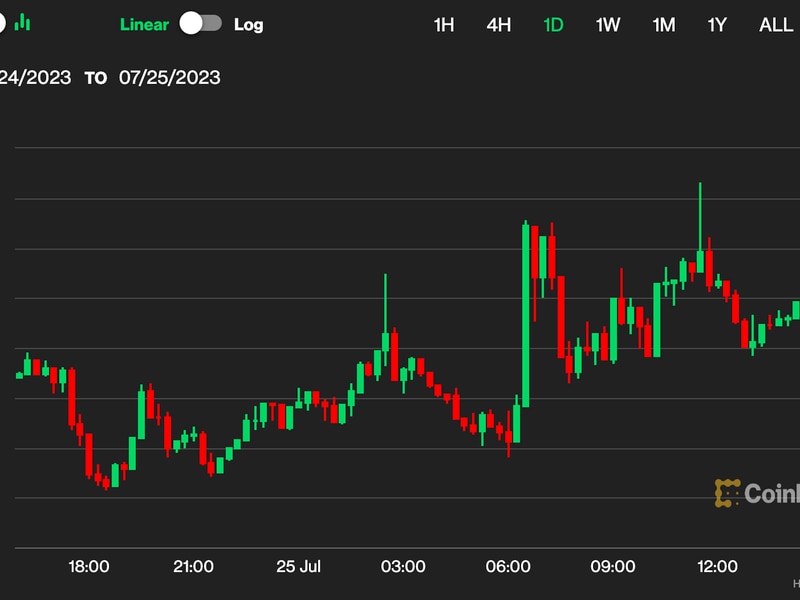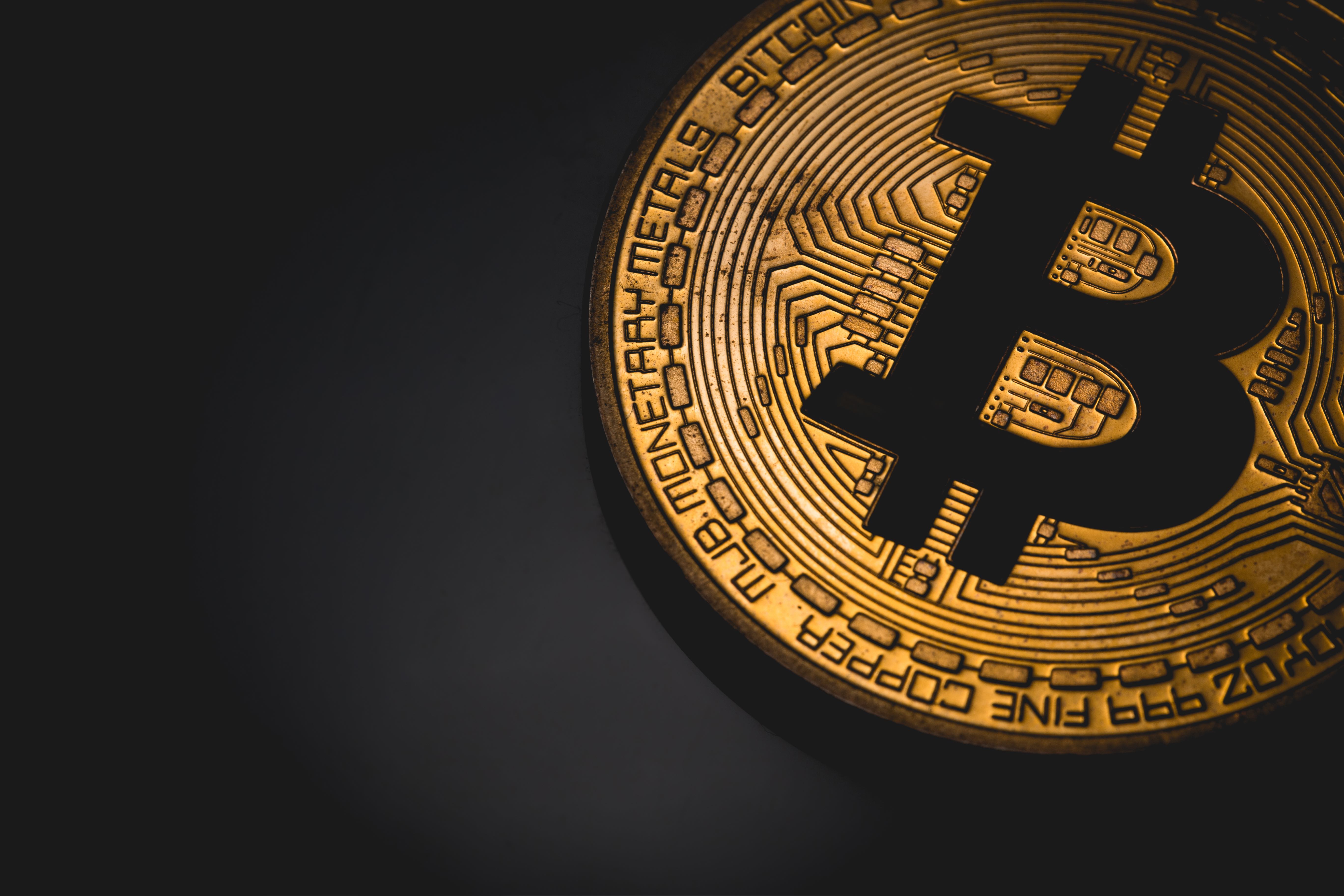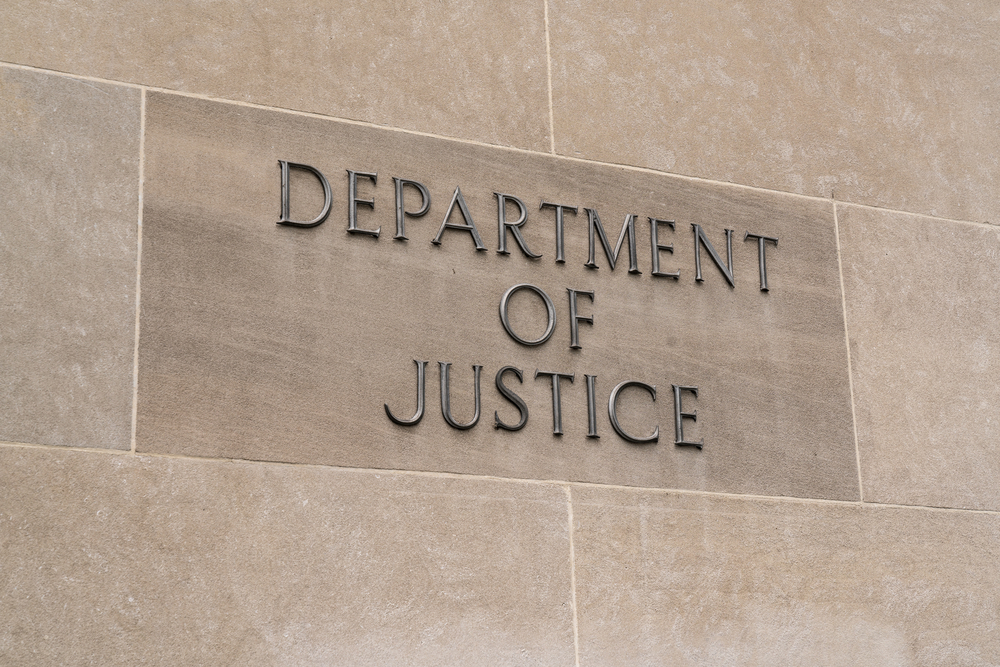Crypto Trader Eisenberg’s $110M Fraud Trial to Put DeFi Under Microscope
/arc-photo-coindesk/arc2-prod/public/LXF2COBSKBCNHNRE3WTK2BZ7GE.png)
NEW YORK – Crypto trader Avi Eisenberg’s criminal fraud and manipulation trial will open Tuesday after a federal judge seated a 15-person jury that includes a seller of rare books, an elementary school music director and at least two finance professionals.
Expected to run for two weeks, the trial will determine whether Eisenberg broke the law when in October 2022 he deployed a self-described “highly profitable trading strategy” that crippled Mango Markets, the once popular venue for betting on cryptocurrencies on the Solana blockchain.
The trial represents an evolution in the government’s attempts to police alleged crimes in decentralized finance (DeFi), a sector of the crypto trading space governed by the notion that “code is law.” Mango Markets is not tightly controlled like its counterparts in centralized finance, like Coinbase. Instead, trades, borrowings and loans execute on smart contracts.
Eisenberg is accused of illegally gaming Mango Markets’ futures contracts by manipulating the price of the MNGO token and then borrowing effectively all of Mango’s deposits against his position. He walked away with $110 million in cryptocurrencies other people had deposited on the platform, later returning a portion of that in exchange for a promise that Mango’s backers would not seek his prosecution.
That promise was not kept.
Negotiation or extortion?
In court on Monday, prosecutors and defense teased upcoming testimony from Mango’s founder, Dafydd Durairaj. He spoke with a ransomware negotiator for assistance in the wake of Eisenberg’s trade, prosecutors said. This fact, they argued, could help the jury understand that Durairaj did not view the negotiations as an “arm’s-length” deal between two parties, but rather a hostage situation that could implode at any time.
Judge Arun Subramanian sided partially with Eisenberg’s defense team and told the government not to bring up the ransomware negotiator, lest it prejudice the jury. But he said if the defense opened the door by arguing the negotiations were “arm’s length,” the prosecutors could walk through it.
The parties sparred over the word “manipulation,” its potential use by witnesses and its presence in online terms-of-service documents. They also clashed over the phrasing of what traders on Mango Markets were “obliged” to do when operating on the site. Was that word a legal concept, or rather a reference to the outcomes of executing a transaction on a smart contract?
Arguments over jargonistic minutiae foreshadow the complexities ahead in a trial that will test the government’s recent strategy of presenting knotty crypto misdeeds as simple cases of fraud. The feds took that tactic in last year’s prosecution of Sam Bankman-Fried as well as in the recent civil fraud case against Terraform Labs and Do Kwon.
But Eisenberg’s case delves perhaps even deeper into the philosophical and practical questions about trading tokens on permissionless blockchains. His is the first federal criminal trial to involve a DeFi trader accused of breaking U.S. law in a sector that once viewed itself as beyond its reach.
Inside the courtroom
The prospective jurors sounded none too pleased to spend Eclipse Day on the 15th floor of a federal courtroom. One remarked she was supposed to be watching the generational event at a science museum, not a jury box. At one point the judge said he would turn off the lights during the event’s pinnacle, which he did not.
More than a few came ready with eclipse glasses. They did get to use them, if only for a few minutes, while the judge and lawyers sidebarred over peremptory strikes. Prospective jurors, reporters and even the U.S. Marshal took turns peering out the tall windows at the partially covered sun.
“You can see it again in 20 years,” the Judge later told the courtroom.
Edited by Marc Hochstein.

